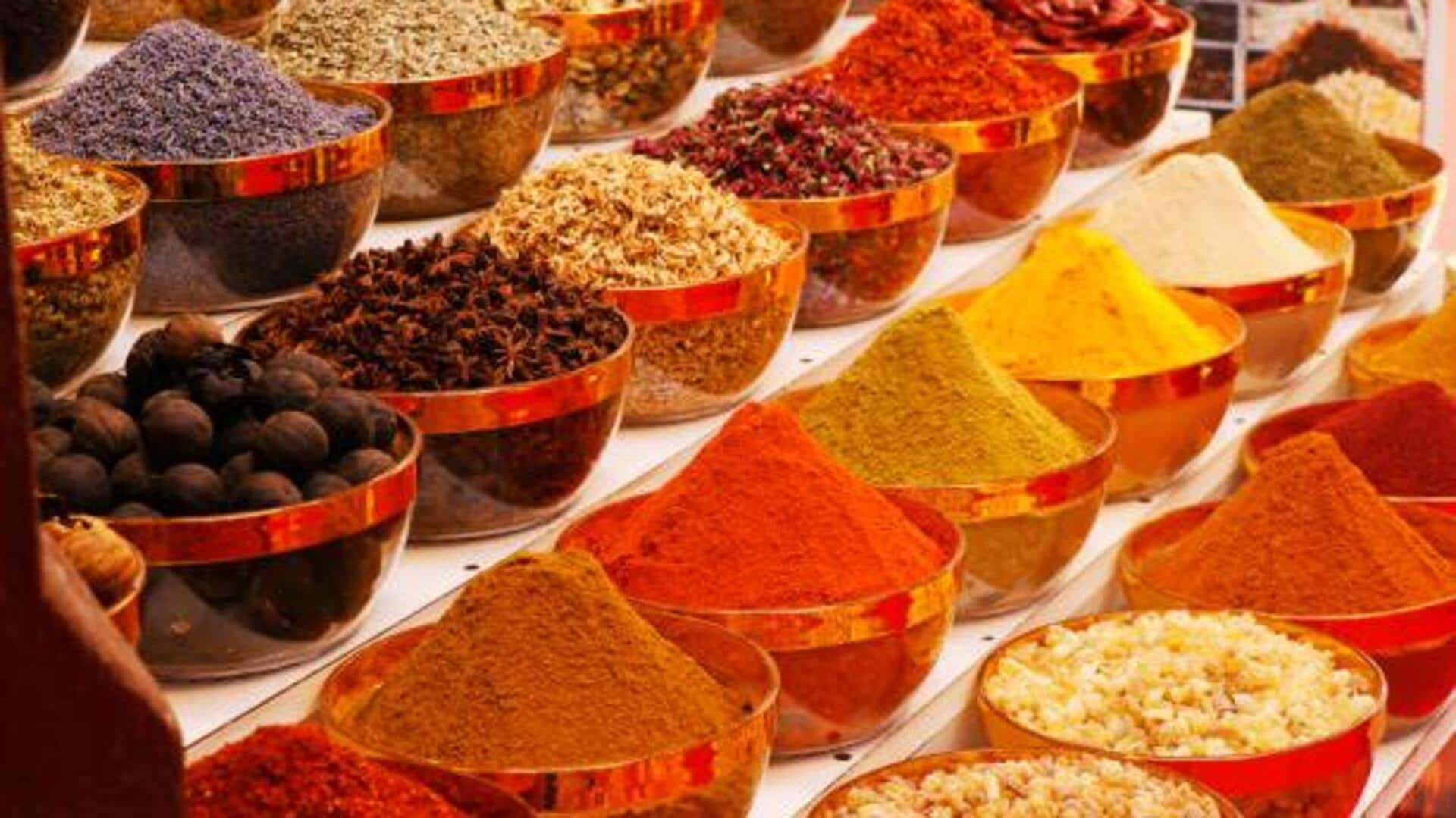
How to navigate spice markets like a pro
What's the story
Morocco's spice markets are a sensory delight, presenting you with a rich tapestry of colors, aromas, and flavors. These bustling souks are not just places to shop but also cultural experiences that lend you an insight into Moroccan life. From the vibrant hues of saffron to the earthy tones of cumin, each spice tells a story. Navigating these markets like a seasoned pro requires some insider knowledge and tips.
Spice varieties
Understanding the spice varieties
Moroccan spice markets are spectacularly colorful and fragrant. The spices commonly stocked are saffron, cumin, turmeric, and paprika. Of these, saffron is the most prized, as it requires a lot of work to harvest. Cumin is an integral part of Moroccan food for its warm flavor. Turmeric provides color and health benefits, and paprika brings mild heat with sweet notes.
Bargaining tips
Mastering bargaining techniques
Bargaining is an essential part of shopping at Moroccan spice markets. Begin by offering half the initial price quoted by vendors; this lays the groundwork for negotiation. Be courteous but firm during the negotiations, and don't think twice before walking away if required—vendors might call you back with better offers. Remember, bargaining is expected and a part of the cultural experience.
Quality check
Recognizing quality spices
Identifying high-quality spices is all about using your senses wisely. Look for bright colors, they indicate freshness; dull colors may mean age or bad quality. Smell is important too—fresh spices should have intense aromas without a musty scent, which means the spices are stale or contaminated.
Market etiquette
Exploring local market etiquette
Understanding local customs makes your market visit ten times better when you're visiting Moroccan spice souks. Dress modestly in respect of cultural norms among locals. These are also observed by tourists who visit these places every day. Always greet vendors with Salam Alaikum before conversing further. It respects their culture. It also builds goodwill between both parties. These exchanges take place during transactions held in such places.